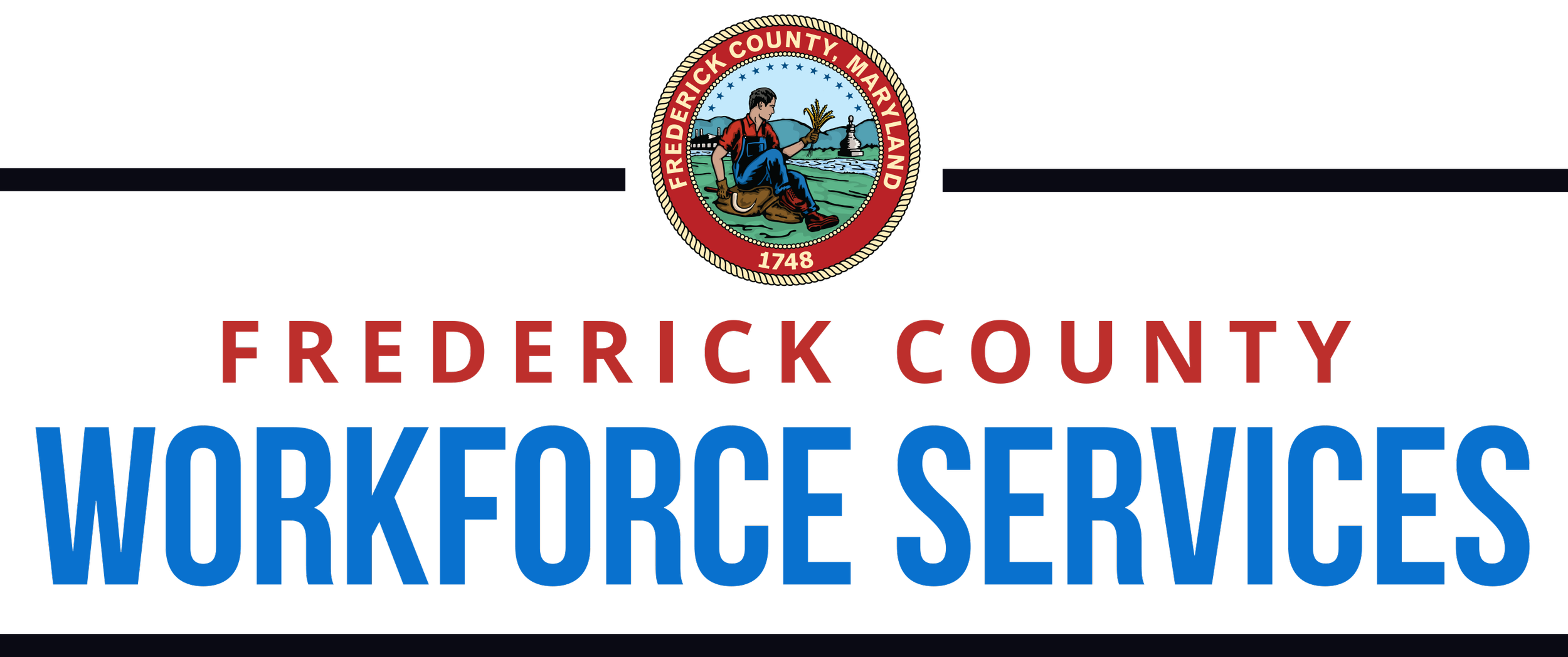Preparing For A Phone Interview
Question:
Since I can’t go to the company for an in-person interview, the hiring manager has scheduled a phone interview. How can I be prepared?
Answer:
The phone interview does pose some unique challenges. You’ll definitely want to be prepared.
In many ways, a phone interview is like an in-person interview. You can expect to hear some familiar questions: “How did you hear about this opening?” “Walk me through your resume.” “Why are you the best candidate for this job?” Prepare some good answers for those common questions.
However, the phone interview is a deprived medium. You miss out on so many important elements of communication: facial expression, gestures, body language. All they have to go on is your voice and your vocabulary. So feel free to be animated. Walk around, gesture (even if they can’t see you.) Put expression in your voice, maybe a little more than usual.
At the same time, all you have is the hiring manager’s voice and vocabulary. You won’t have the visual cues as to how your answer lands, so listen carefully for auditory cues (hesitation, enthusiasm, sighs.)
In case your interview is early in the morning, use your voice beforehand. Many people sound kind of foggy first thing. Sing in the shower, talk to the cat, whatever, but use your voice.
Because you’ll probably be nervous, you’ll be tempted to speak quickly. Don’t. If you can slow down a bit from your normal speed, it will help the interviewer to keep track.
If possible, use a landline. Sound quality on most cell phones isn’t what you want for such an important call. They also depend on satellites that fall out of the sky when you need them most. (When Workforce Services reopens to the public, ask to use the landline there if you need to.)
Phone interviews often include a brief discussion of salary. If this is your first interview, try to be vague and open to negotiation, rather than giving an actual number. If it’s later in the process, provide a range (mentioning that you’ve researched the job market, and considering your experience, education, etc., your ideal salary would be somewhere between X and Y.)
An advantage of the phone interview is that you can feel free to use notes. Write out the answers to any questions you can anticipate. Doing this by hand will help you remember the answers, even if you decide not to use the actual notes.
Remember that you can ask questions too. In addition to whatever you want to know on general principles, you’ll want some information on how they are weathering the Coronavirus crisis, and what they anticipate the future looks like from there.
Do what you can to keep hope. The crisis won’t last forever. Soon you’ll be in your new job.

